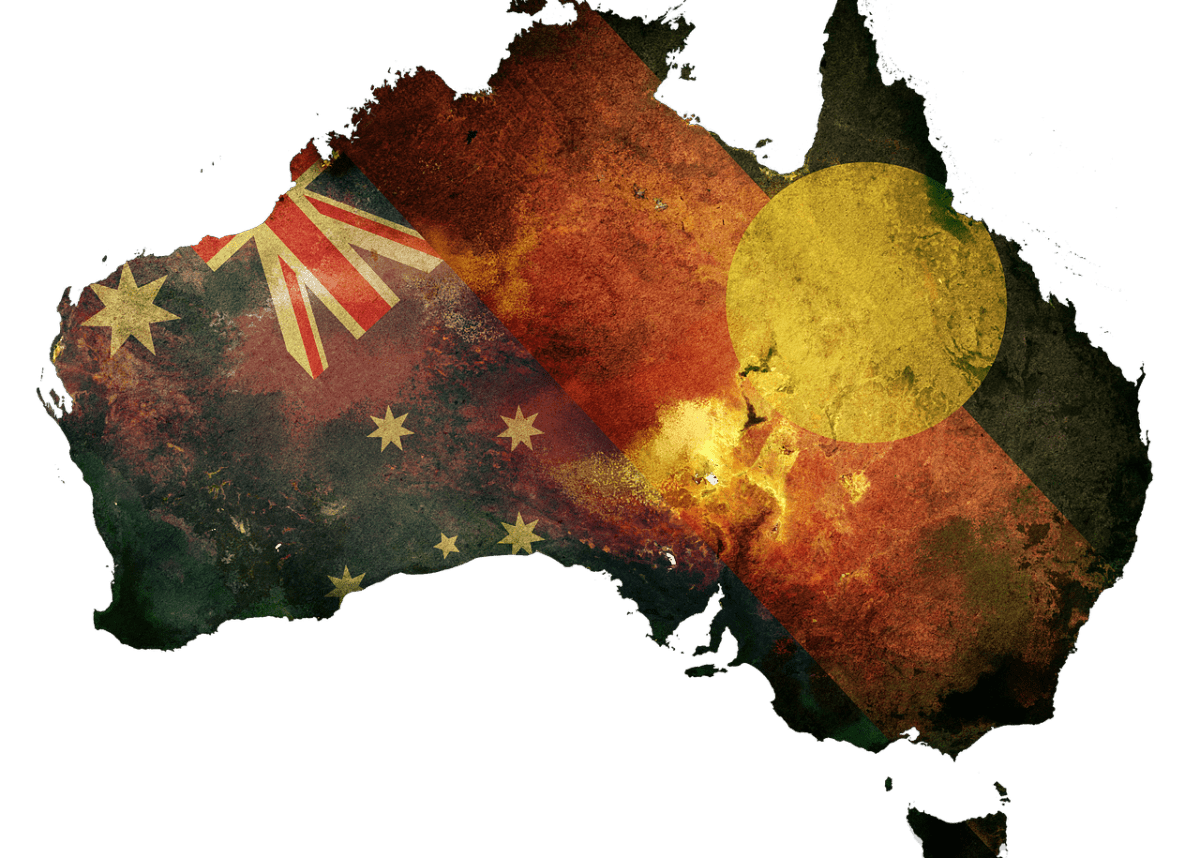Following its visit to Juukan Gorge, the inquiry into the destruction of Indigenous heritage sites at the gorge is meeting today (Tuesday) with superannuation fund Hesta and resources giant Fortescue – two stakeholders who highlight the importance of responsible engagement between the corporate sector and Traditional Owners.
In a statement, Northern Australia Committee Chair Warren Entsch said corporate Australia could no longer ignore the link between its social licence to operate and responsible engagement with Indigenous Australia.
Such actions won’t be tolerated
“Rio Tinto has paid a high price in reputation for its failure at Juukan Gorge,” Entsch stated. “Other resource companies need to take note: governments, investors and the community will no longer tolerate such tragedies.”
In its submission to the inquiry, Hesta emphasised the link between corporate responsibility and investment certainty.
It stated, in part: “We believe our investee companies should adopt and promote a culture which asks whether companies ‘should’ do something rather than whether they ‘can’ do something.
Law lags community expectations
“We acknowledge that the law can sometimes lag community expectations and we expect companies to recognise this and make appropriate decisions to safeguard and enhance the value of the company over the long term.”
In its submission, Fortescue Metals Group, one of the major mining companies in the Pilbara region where the Juukan Gorge is located, noted that:
“Aboriginal people have occupied the Pilbara region for at least 50,000 years. The land is replete with evidence of this occupation in the form of tangible and intangible Aboriginal cultural heritage.
Firm wanted better-quality iron ore
“Fortescue recognises that we are privileged to operate in this environment and we take our legal and ethical responsibilities in this regard extremely seriously.”
According to a timeline of events at the gorge, compiled by the Institute of Leadership and Management, in May the company blew up a series of cave dwellings at Juukan Gorge – shelters that comprised one of the earliest known Aboriginal settlements, which had been more or less continuously occupied.
The firm conducted the operation to gain access to a better-quality iron ore than what it had obtained elsewhere in the region.
Accusations of misleading evidence
Public outrage ensued, leading the Australian Parliament to set up an inquiry to examine the rationale behind the decision. In particular, the probe zeroed in on Rio Tinto’s dealings with the indigenous community recognised as the site’s traditional owners. But on 10 September, Queensland MP and inquiry committee chair Warren Entsch accused the firm of providing misleading evidence.
The same day, superannuation fund Hesta – a major Rio Tinto shareholder that represents more than 870,000 Australians – issued a letter to the firm in the run up to a crucial board meeting in which the future of Rio Tinto CEO Jean-Sébastien Jacques would be in the spotlight.
“Mining companies that fail to negotiate fairly and in good faith with traditional owners expose the company to reputational and legal risk,” Hesta wrote. “Without an independent review, we cannot adequately assess these risks and understand how they may impact value. We have lost confidence that the company can do this on [its] own.”
Shareholders have more awareness
Jacques has since departed Rio Tinto, along with two other senior executives at the company.
The Institute of Leadership & Management’s head of research, policy and standards Kate Cooper said: “This story reveals much about the growth of ethical awareness among shareholder communities.
“For so long, whenever we talked about ethical behaviour or gender inclusivity, corporates reminded us, ‘There has to be a business case.’ And then leadership thinkers pushed back, saying, ‘Actually, the moral case is more important.’ But what we’re beginning to see now is those two things coming together: a strengthening of the view that taking a firm ethical stance is the essence of good business sense.”








 Explore top-rated compensation lawyers in Brisbane! Offering expert legal help for your claim. Your victory is our priority!
Explore top-rated compensation lawyers in Brisbane! Offering expert legal help for your claim. Your victory is our priority! 

 "
"


